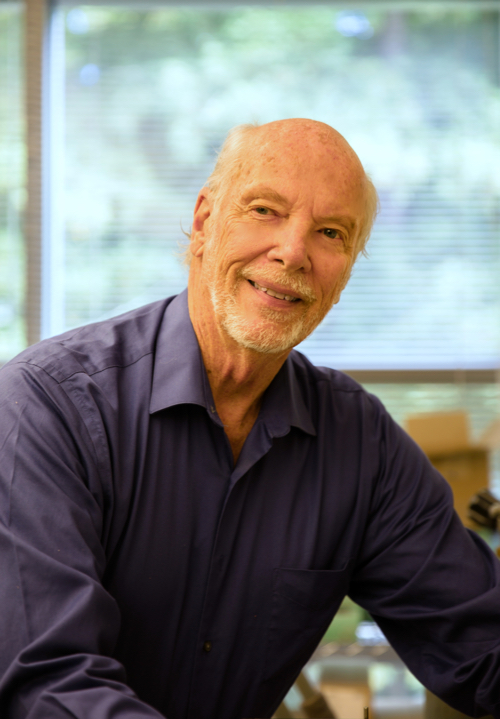Physical and Biological Sciences News
For three years, Tara Djokic, a Ph.D. student at the University of New South Wales Sydney, scoured the forbidding landscape of the Pilbara region of Western Australia looking for clues to how ancient microbes could have produced the abundant stromatolites that were discovered there in the 1970s.Stromatolites are round, multilayered mineral structures that range from the size of golf balls to weather balloons and represent the oldest evidence that there were living organisms on Earth 3.5 billion years ago.
Scientists who believed life began in the ocean thought these mineral formations had formed in shallow, salty seawater, just like living stromatolites in the World Heritage–listed area of Shark Bay, which is a two-day drive from the Pilbara.
But what Djokic discovered amid the strangling heat and blood-red rocks of the region was evidence that the stromatolites had not formed in salt water but instead in conditions more like the hot springs of Yellowstone.
The discovery pushed back the time for the emergence of microbial life on land by 580 million years and also bolstered a paradigm-shifting hypothesis laid out by UC Santa Cruz astrobiologists David Deamer and Bruce Damer: that life began, not in the sea, but on land.
Djokic’s discovery — together with research carried out by the UC Santa Cruz team, Djokic, and Martin Van Kranendonk, director of the Australian Centre for Astrobiology — is described in an eight-page cover story in the August issue of Scientific American.
“What she (Djokic) showed was that the oldest fossil evidence for life was in fresh water,” said Deamer, a lanky 78-year-old who explored the region with Djokic, Damer, and Van Kranendonk in 2015. “It’s a logical continuation to life beginning in a freshwater environment.”
The model for life beginning on land rather than in the sea could not only reshape our idea about the origin of life and where else ...
Read More
Tuesday, July 18, 2017
Did life begin on land rather than in the sea?
Subscribe to:
Post Comments (Atom)
No comments:
Post a Comment
Note: Only a member of this blog may post a comment.